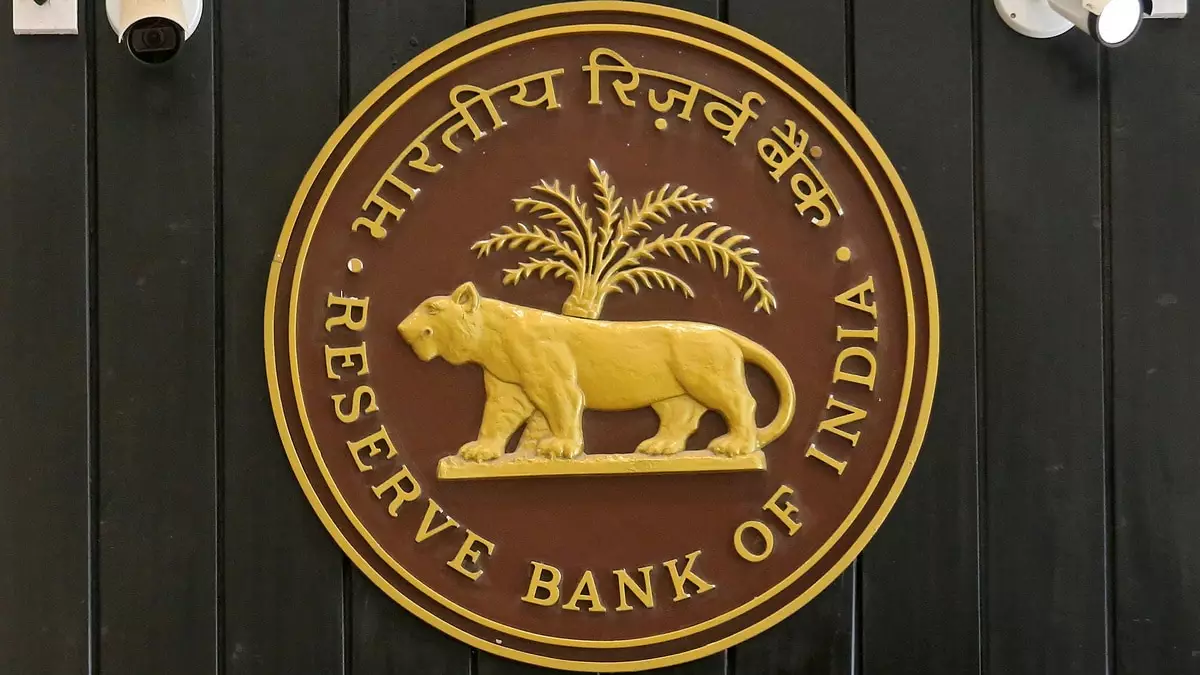The Reserve Bank of India (RBI) is making significant strides in expanding the reach of the Unified Payments Interface (UPI) on a global scale. In collaboration with NPCI International Payments Ltd (NIPL), the RBI aims to take UPI to 20 countries by the fiscal year 2029. This ambitious initiative is in alignment with the goals set for Viksit Bharat 2047, as outlined in the RBI’s annual report.
The RBI’s Payments Vision Document 2025 places a strong emphasis on increasing the global footprint of UPI and RuPay cards. The central bank is actively engaging with the central banks of various countries to establish collaborative arrangements for cross-border payments. The recent memorandum of understanding signed between the Reserve Bank and the Central Bank of the UAE is a prime example of this collaborative effort.
In addition to the partnership with the UAE, India has also established connectivity with Mauritius and Sri Lanka for UPI and RuPay card payments. This connectivity allows Indian travellers to make seamless transactions using UPI apps at merchant locations in these countries. Furthermore, discussions are underway with the Nepal Rastra Bank for linking the UPI platform of India with the National Payments Interface of Nepal, enabling cross-border payments between the two nations.
UPI payments through QR codes are gaining traction internationally, with merchant (e-commerce) payments already being accepted in countries like France and Nepal. India has forged partnerships with seven countries to facilitate payments through UPI, showcasing the growing acceptance and adoption of India’s digital payment ecosystem on a global scale.
The RBI’s concerted efforts to expand the international presence of UPI and RuPay cards are a testament to India’s growing influence in the digital payments space. By fostering strategic collaborations and exploring new avenues for cross-border payments, the Reserve Bank is paving the way for a more connected and seamless global payment landscape. As the initiative progresses, it is poised to bring about greater financial inclusion and convenience for individuals and businesses across borders.


Leave a Reply